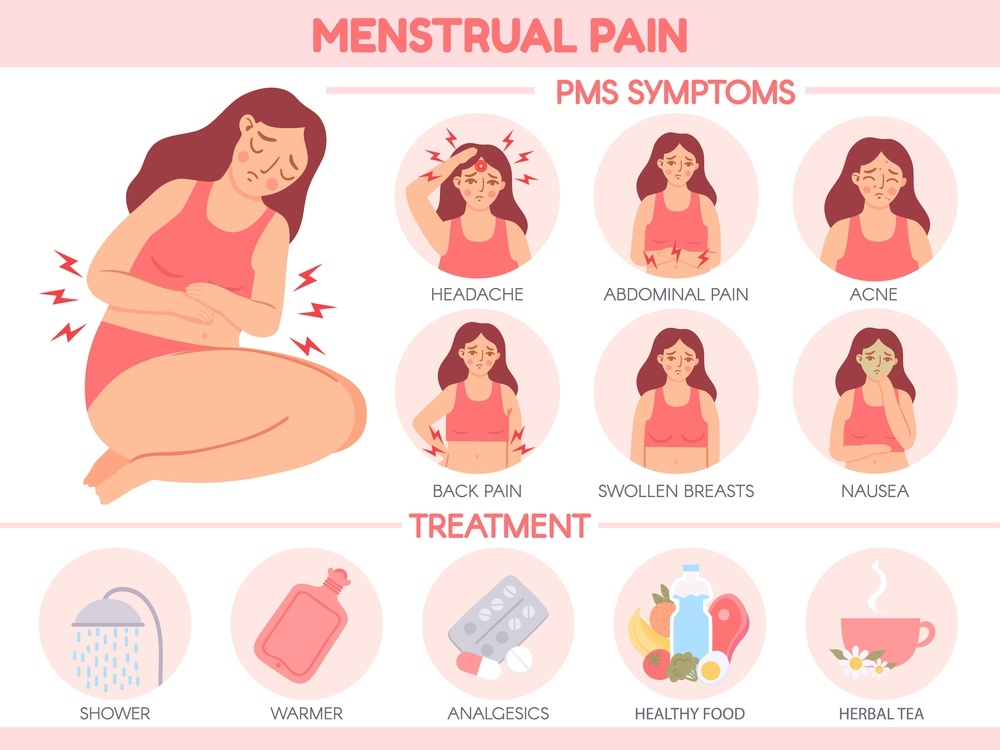The mother's breast milk is the spring of nourishing the baby, which can provide nutrients and high concentrations of immunoglobulins to improve the baby's ability to resist diseases and promote healthy growth.
The health of the baby is closely related to the breast milk, so when breastfeeding women take medication, they should be cautious about the adverse effects of certain drugs in the breast milk on infants and young children. We should not only consider the toxic side effects of drugs on breastfeeding mothers, but also pay attention to their harm to infants. We must not overlook it.
When breastfeeding women take medication, whether the baby is affected by the drugs in the breast milk depends on the concentration of the drugs in the breast milk, the amount of milk consumed by the baby, the baby's ability to eliminate the drugs, and the toxic side effects of the drugs themselves.
Some drugs excreted from breast milk are harmless to infants, while others, even though they are present in low concentrations in breast milk, can be harmful to infants. The following are some examples of the adverse effects of common drugs used by breastfeeding women on infants, in order to draw attention from young parents.
1. Antibiotics and sulfonamides: Breastfeeding women should be cautious about using penicillin, streptomycin, chloramphenicol, erythromycin (intravenous injection), tetracycline, sulfonamides, etc. Due to the wide variety of antibiotics and sulfonamides and the differences in excretion in breast milk, the impact is also different.
For example, penicillin and streptomycin can cause allergic reactions in infants and lead to the production of drug-resistant strains. Infants with glucose-6-phosphate dehydrogenase deficiency are abnormally sensitive to chloramphenicol, furan drugs, and sulfonamide drugs in breast milk. At this time, due to the obstruction of the pentose phosphate pathway in red blood cells, hemoglobin denaturation can occur, leading to hemolytic anemia.
2. Sedatives and addictive analgesics: The use of diazepam by breastfeeding mothers can cause weight loss and hyperbilirubinemia in infants; bromides can cause rash and drowsiness in infants; when breastfeeding mothers with epilepsy take phenytoin or phenobarbital, infants may develop methemoglobinemia, leading to drowsiness, collapse, and systemic ecchymosis. It is especially worth noting that addictive analgesics such as morphine can easily enter breast milk at concentrations several times higher than plasma concentrations.
They can cause respiratory depression and accidents in infants under 6 months old, so caution should be exercised and medication should not be taken indiscriminately. Related articles: Whether to persist or give up breastfeeding: unveiling the mystery of breastfeeding indigestion. Baby's food intake is determined by their own condition.
3. Antithyroid drugs: When breastfeeding mothers use methimazole, propylthiouracil, carbimazole, etc. for antithyroid treatment, the concentration in breast milk can be more than 3 times that in blood, and up to 12 times.
After high-concentration antithyroid drugs in breast milk enter the baby's body, they can inhibit the synthesis of thyroid hormones and promote the secondary increase of thyroid hormones. During the application, they can cause infantile goiter and hypothyroidism, severely affecting the normal development of the baby's thyroid gland. In addition, these drugs can also cause neutropenia, rash, jaundice, etc.
4. Others: Breastfeeding mothers using high-dose aspirin and oral anticoagulants may impair the baby's coagulation mechanism, leading to bleeding tendencies and greater hidden dangers. Isoniazid can cause toxicity in infants and should be avoided. Labetalol drugs in breast milk, such as nifedipine, can cause symptoms such as drowsiness, diarrhea, and nasal congestion in infants. In addition, breastfeeding mothers should be cautious in using anti-tumor drugs, high-dose corticosteroids, oral hypoglycemic drugs, radioactive iodine, ergot alkaloids, lithium salts, etc.
By the way, excessive smoking and excessive drinking by breastfeeding mothers are also extremely detrimental to infants. Parents' hearts are worth respecting. In order to have a healthy and lovely baby, breastfeeding women should be vigilant about the adverse effects of drugs in breast milk. When they have to take certain drugs that have a significant impact on infants, they can stop breastfeeding and have someone else breastfeed or use formula feeding. For breastfeeding mothers with epilepsy or hyperthyroidism who cannot stop medication, they should not breastfeed by themselves.








